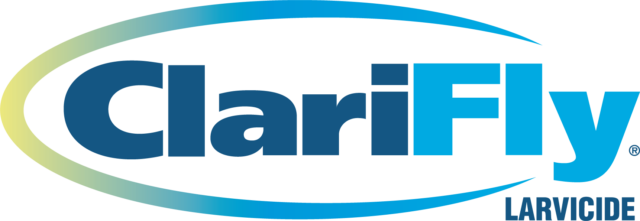Scientists have altered the genes of a dairy cow to produce milk that’s rich in a protein used in numerous food products and lacking in a component that causes allergies in humans. Using a process called RNA-interference that turns certain genes on or off, scientists from New Zealand produced a cow whose milk had increased casein, a protein used to make cheese and other foods, and almost no beta-lactoglobulin, a component in milk whey protein that causes allergies.
Ordinarily, the proportion of whey to casein in the milk from dairy cows is 21-to-79, according to the paper. The milk from the genetically altered cow had a ratio of 4-to-96, according to a paper. That’s probably due to a 96 percent reduction in beta-lactoglobulin, or BGL, the paper said.The study can be seen as a proof-of-concept that tinkering with nutritional content genetically is possible, said William Hallman, director of the food policy institute at Rutgers University.
More testing will be needed to determine the milk’s full dietary content, and scientists must consider the effects of breeding gene-altered animals, he said. The field has been controversial because of safety and environmental concerns.
The female calf was also born without a tail, according to the report in the journal Proceedings of the National Academy of Sciences.
Tests now need to be done to see whether removing BLG really does help those with allergies and whether the genetic change harms the animal, according to the paper, written by researchers from New Zealand’s AgResearch, a government-owned research institute, and the University of Waikato, both based in Hamilton, New Zealand. PD
—From Bloomberg Businessweek (Click here to read the full article.)





